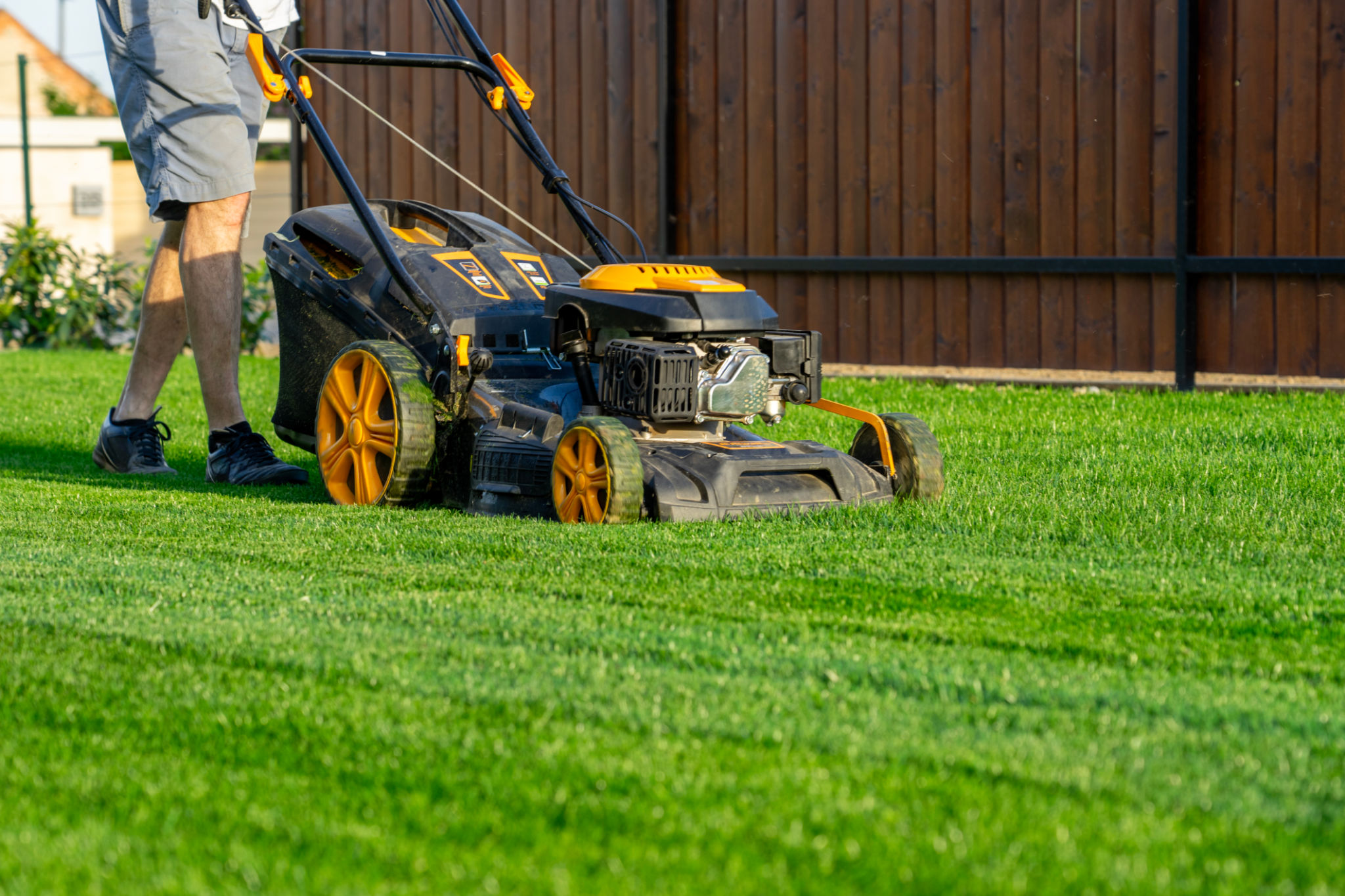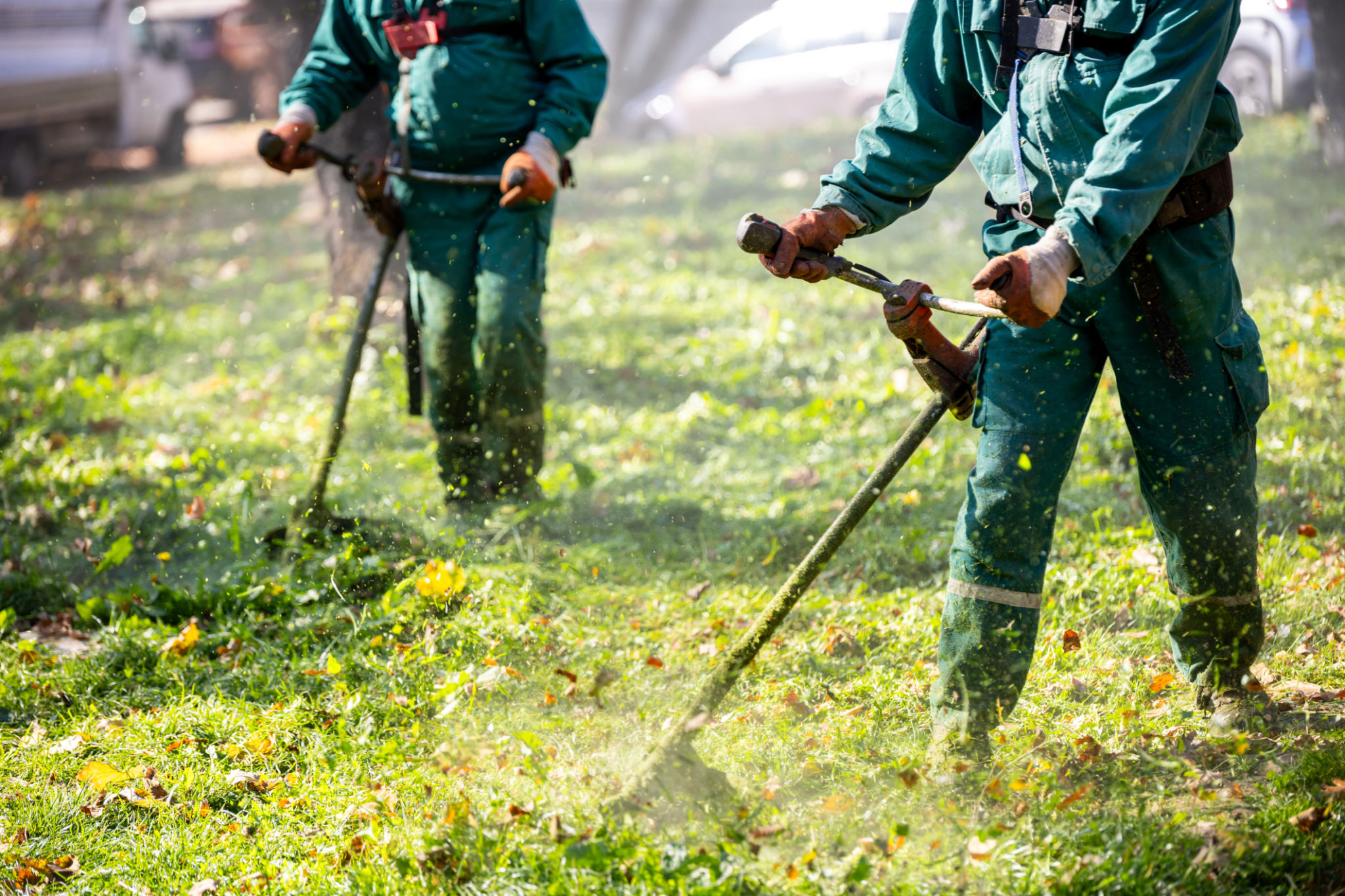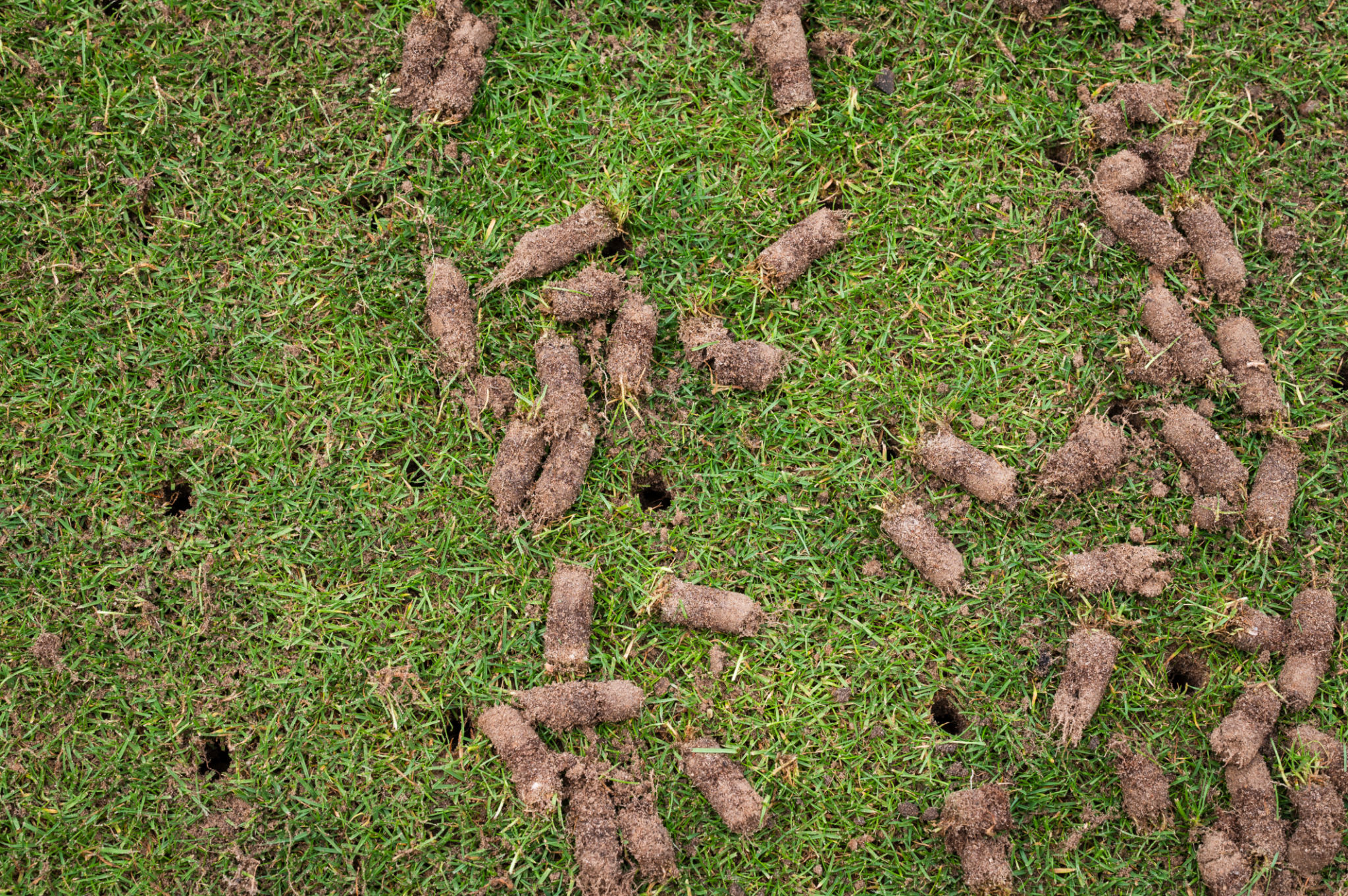Common Lawn Care Mistakes and How to Avoid Them in Ontario
Neglecting Soil Health
One of the most common mistakes in lawn care is ignoring the health of your soil. Healthy soil is the foundation of a lush and vibrant lawn. In Ontario, the soil can vary greatly, so understanding its specific needs is crucial. Regular soil testing can help determine its pH level and nutrient content, guiding you in selecting the right fertilizers and amendments.

To avoid this mistake, conduct a soil test at least once a year. Based on the results, you can apply the appropriate fertilizers and amendments to ensure your lawn gets the nutrients it needs. Remember, a well-nourished lawn is more resilient against weeds, pests, and diseases.
Overwatering or Underwatering
Watering is essential for lawn care, but both overwatering and underwatering can cause significant damage. In Ontario's climate, it's important to strike the right balance. Overwatering can lead to shallow root systems and fungal diseases, while underwatering can cause brown patches and weakened grass.
To avoid these issues, water your lawn deeply but infrequently. Aim for about 1 inch of water per week, including rainfall. Water early in the morning to minimize evaporation and allow your lawn to dry before evening, reducing the risk of disease.
Improper Mowing Techniques
Mowing your lawn incorrectly is another common mistake that can affect its health and appearance. Cutting your grass too short, known as "scalping," can stress your lawn and make it susceptible to weeds and pests. Conversely, allowing it to grow too long can lead to thatch buildup and uneven growth.

To maintain a healthy lawn, follow the one-third rule: never remove more than one-third of the grass blade length in a single mowing session. Adjust your mower to the recommended height for your grass type, and keep your mower blades sharp for clean cuts.
Ignoring Seasonal Lawn Care Needs
Each season in Ontario brings different challenges for lawn care. Many homeowners make the mistake of ignoring these seasonal needs, resulting in a less-than-ideal lawn year-round. In spring, focus on fertilization and overseeding. Summer requires proper watering and mowing techniques, while fall is the time for aeration and fertilization.
Plan your lawn care activities according to the seasonal requirements. This approach ensures that your lawn remains healthy and vibrant throughout the year.

Overlooking Weed Control
Weeds can quickly overtake a lawn if not managed properly. Some homeowners neglect regular weed control, leading to an unsightly lawn and increased competition for nutrients. In Ontario, common weeds include dandelions, crabgrass, and clover.
Implement a proactive weed control strategy by using pre-emergent herbicides in early spring to prevent weed seeds from germinating. Additionally, maintain a healthy lawn through proper mowing, watering, and fertilization to naturally suppress weed growth.
Failing to Aerate
Lawn aeration is often overlooked but plays a vital role in maintaining a healthy lawn. Compacted soil can restrict root growth and reduce nutrient absorption, leading to a weakened lawn. In Ontario's dense clay soils, aeration is particularly important.
Aerate your lawn once or twice a year, especially in high-traffic areas where compaction is more likely. This process involves removing small plugs of soil to allow air, water, and nutrients to penetrate deeper into the soil.

